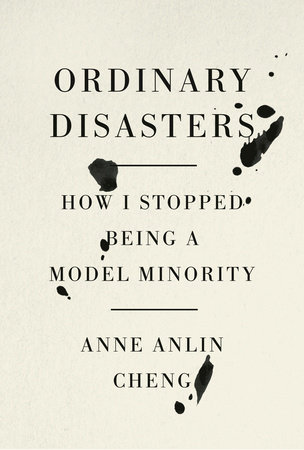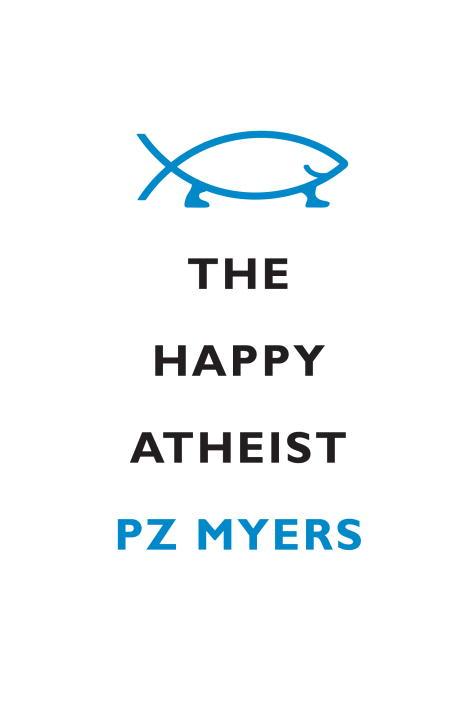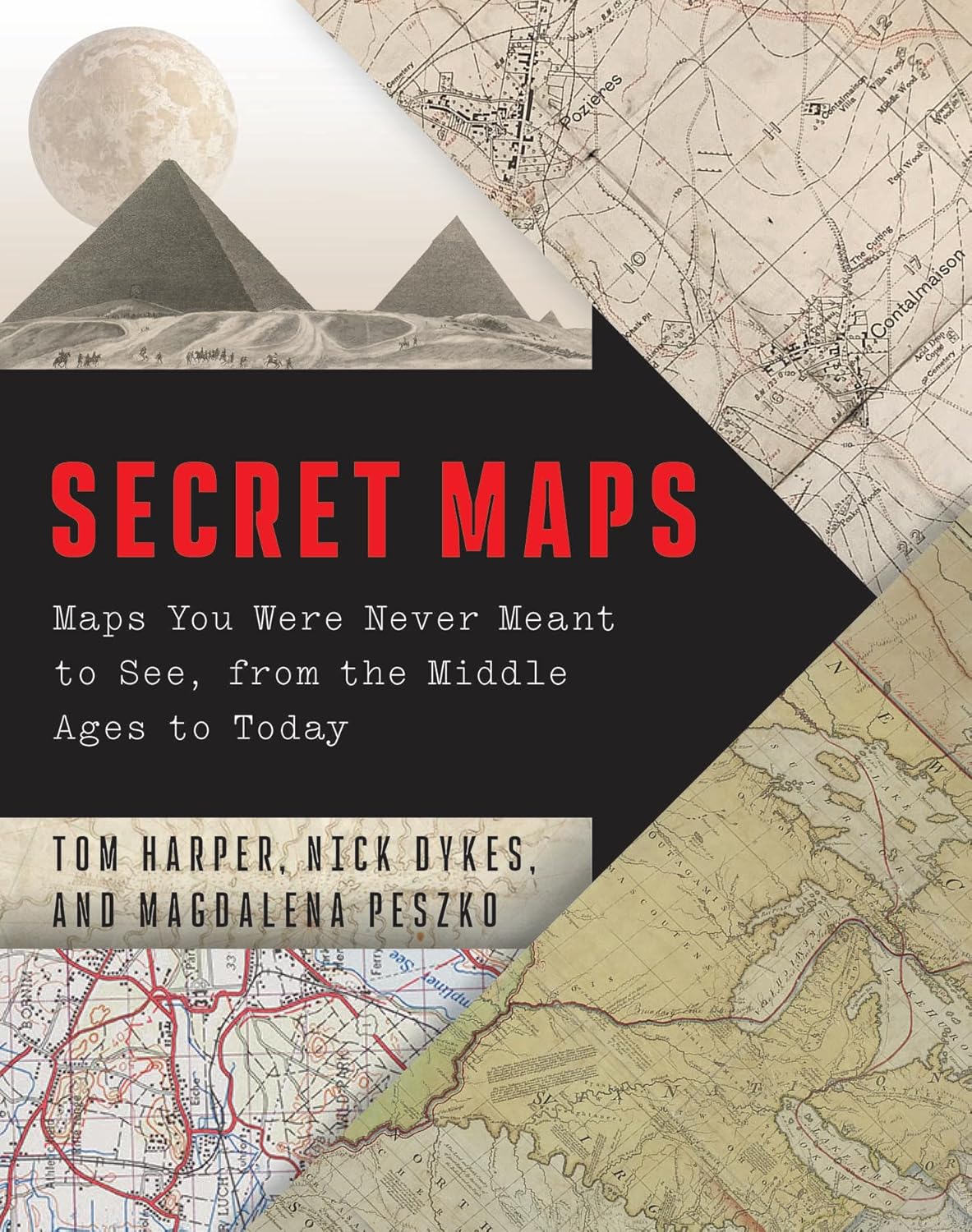Ordinary Disasters: How I Stopped Being a Model Minority
- By Anne Anlin Cheng
- Pantheon
- 304 pp.
- Reviewed by Alice Stephens
- September 10, 2024
In probing essays, a scholar examines the contemporary Asian American experience.

Princeton professor Anne Anlin Cheng has the intimidating résumé of a high-achiever: an undergraduate degree from Princeton, a master’s from Stanford, and a doctorate from Berkeley, along with an impressive list of other accomplishments and accolades, including four published books. The most recent, Ordinary Disasters: How I Stopped Being a Model Minority, is a collection of biographical essays that explores the price paid for her success.
Emigrating as a young girl with her family from Taipei, Taiwan, to Savannah, Georgia, in the 1970s, the author is educated at a private high school where she and her brother are among the few Asian students. This is shortly after the U.S. relaxed immigration strictures against non-whites via the Immigration and Nationality Act of 1965, welcoming Chinese immigrants for the first time since the Chinese Exclusion Act of 1882. In the South, she explains, the Chinese “lived in the cracks of a segregated system designed for Blacks and whites; they were maligned by the whites, who found them subhuman, and resented by Blacks, who saw them as competition.”
In Taiwan, Cheng was self-confident and headstrong. “That cocky girl disappeared around the time of our move to America,” she reveals. “I think I lost her to immigration and puberty. Her departure was so gradual that it was not so much a loss as a forgetting.” Cheng’s American peers relentlessly “other” her. Her parents insist on speaking English at home, and her father doesn’t want her to use the name she’s always called him because of the way it sounds in their new tongue.
Nonetheless, Cheng excels in school, earns degrees from top universities, and shines as an American studies professor in elite academia. She marries “the handsomest man I have ever set eyes on…serious-minded, intelligent, and intense.” He’s also white. They raise two children in “a small but cosmopolitan town” where they are “habituated to the virtues of diversity.”
Then, several things happen. First, Cheng is diagnosed with ovarian cancer, for which she undergoes surgery and chemotherapy, feeling, in the process, “indifferent, unmoored from everything and everyone, even from the life I was laboring to save.” As she’s nearing the end of treatment, covid-19 (aka “the China virus”) hits, and with it, a rise in anti-Asian hate, culminating in the murder of eight people — six of them women of Asian descent — by a white man in Atlanta on March 16, 2021.
Something shifts in Cheng. After experiencing a lifetime of misogyny and racism, from her maternal grandmother (who withheld love from Cheng while lavishing it on her brother) to the dean at her university (who questioned the existence of Asian American literature), Cheng decides she’ll no longer acquiesce. Ordinary Disasters is her breaking the silence and bringing the receipts.
While the author recalls indignities inflicted upon her, doing little to hide identities of institutions and colleagues even if not naming them directly, this collection goes well beyond the personal as Cheng stitches her witness testimony into the broader tapestries of Asian American history and culture, the immigrant experience, and American womanhood. Often, all three are braided together, as in the essay “The Look,” a six-part meditation on beauty, fashion, and what it means to be divided from your own body.
Cheng tackles several cultural behemoths. In “American Girl,” she considers the role of dolls in reinforcing racial stereotypes and white supremacy. “Trip to Disney” starts with fond recollections of the teenage Cheng visiting Disney World with her family in the late 1970s, but goes on to describe a recent experience with her own children at the theme park, which was now dated, tired, and expensive, “an elaborate exercise in nostalgia.” Providing a much-needed alternative take on a literary icon, the essay “Joan Didion Talks to Marie Kondo” juxtaposes the two women as evangelists for female control, whether through Didion’s white-privilege-inflected “fostering a sense of one’s rightness” or Kondo’s “equation of self-care with self-discipline.”
In cogent, engaging prose, Cheng explores these and a variety of other topics, many that resonated with me, including being married to a white man, raising multiracial children, and the galvanizing jolt of the Atlanta hate murders and anti-Asian violence to my feeling of belonging in America. The author and I are approximately the same age, and I appreciated her frankness on everything from her personal relationships to her medical condition to her time-worn body:
“This coming to aging — the realization that even as you own more and more of yourself, your body is becoming less and less yours — must be one of the great ironies of life…Everything before a serious confrontation with your body is growing up; everything after is aging.”
With this book, which may deservedly win prizes, Anne Anlin Cheng continues to fulfill the role of a model minority. But her essays clearly and penetratingly warn of the enormous toll these myths of race and success in America take, not just on the author as an individual, but on society as a whole.
Alice Stephens is the author of the novel Famous Adopted People.

